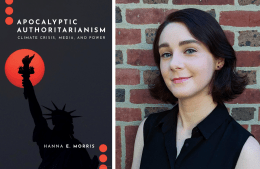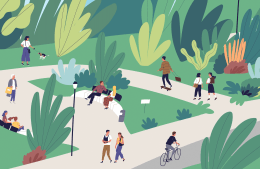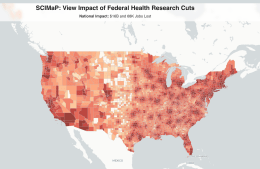
Environmental Research at the Annenberg School
To schedule an interview with Annenberg experts, please contact Julie Sloane at julie.sloane@asc.upenn.edu or (215) 746-1798.
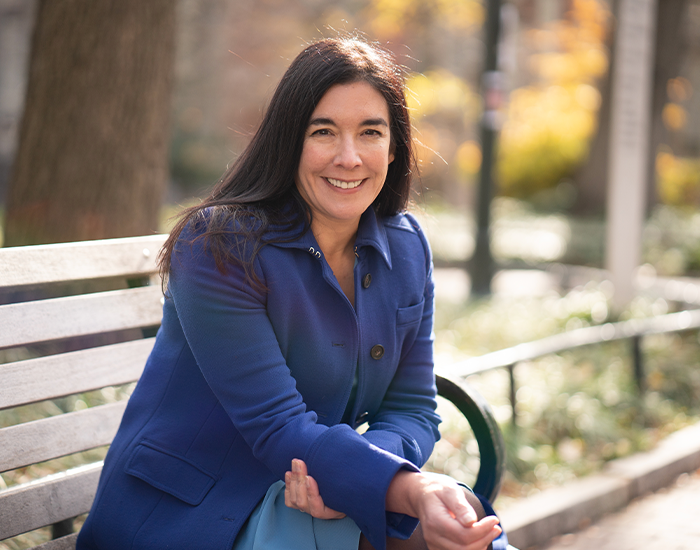
Science Communication & Persuasion
Professor Dolores Albarracín, Ph.D., is an expert on the impact of communication and persuasive messaging on people's behavior, beliefs, and attitudes. She is the author of the recent books Creating Conspiracy Beliefs and Action and Inaction in a Social World and directs the Science of Science Communication Division at the Annenberg Public Policy Center.
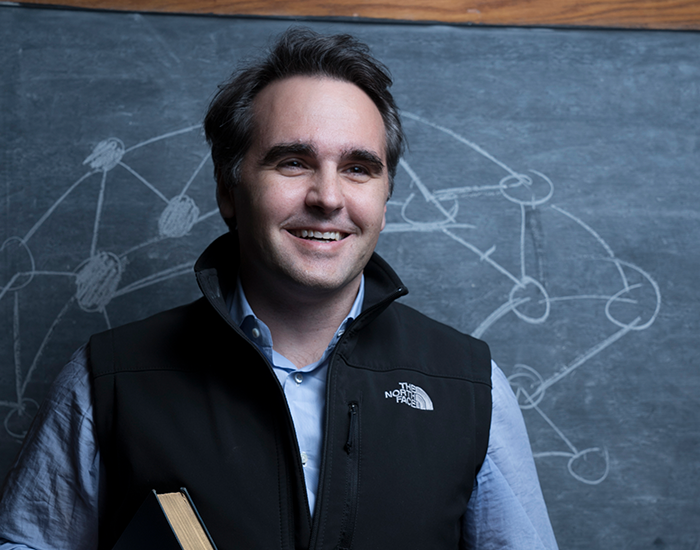
Social Influence
An expert in social networks and behavior change, Professor Damon Centola, Ph.D., has published on how networks can alter beliefs in climate change and tipping points in creating social change. A chapter in his book Change details network diffusion strategies for spreading sustainable technologies.
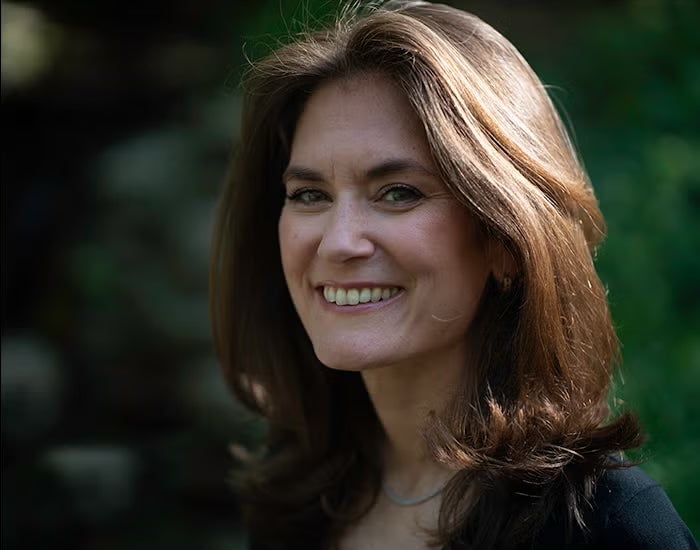
Messages that Move Minds
Using the tools of neuroscience and psychology, Professor Emily Falk, Ph.D., studies behavior change, persuasion, and how the brain processes messages and information. She is currently leading an environmental intervention tournament and heads the Climate Change Division of the Annenberg Public Policy Center.
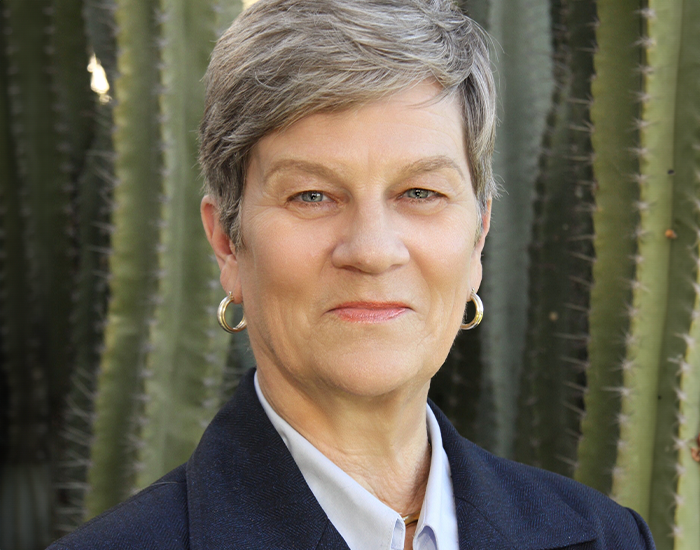
Rhetoric & Misinformation
Professor Kathleen Hall Jamieson, Ph.D., employs rhetorical analysis, surveys, and experiments to understand political communication, the science of science communication, and ways to blunt misinformation and conspiracy theories. She is the Director of the Annenberg Public Policy Center.
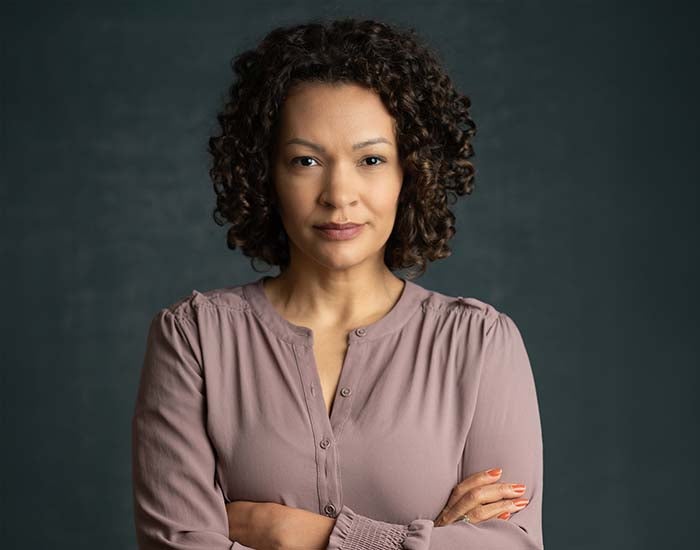
Environmental Justice
Professor Sarah J. Jackson, Ph.D., is an expert on environmental justice organizing and activism. Her focus is on how ordinary people use media to push for social change, particularly with regard to the U.S. environmental justice movement, indigenous-led environmental activist organizing, and urban environmental justice.
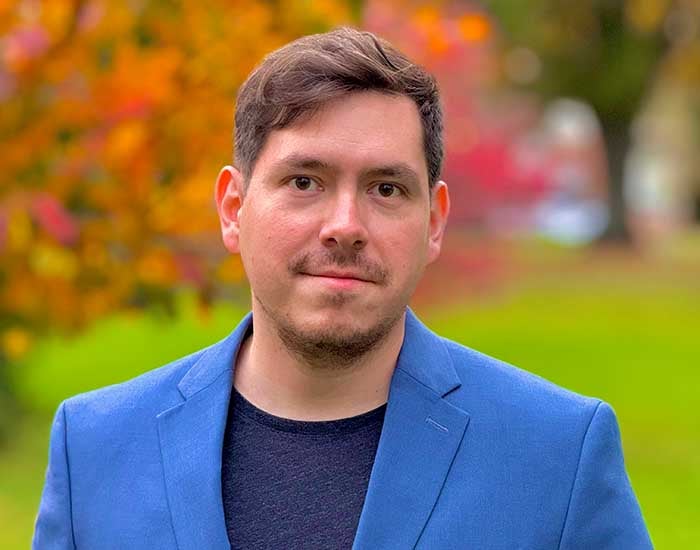
Migration & Sustainability
Professor Juan Llamas-Rodriguez, Ph.D. analyzes how the media depicts borders and migration, with a focus on the U.S.‐Mexico borderlands. He has written about how border infrastructure has disrupted desert ecosystems and is interested in how video games could spark sustainability and cooperation at the border.
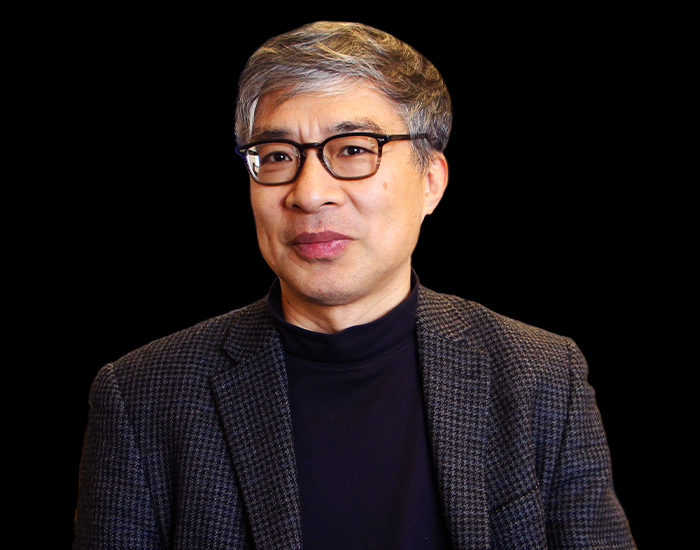
Global Environmental Advocacy
Professor Guobin Yang, Ph.D., is an expert in how ordinary citizens use online tools for activism, particularly in China. He has published on Environmental NGOs and the green public sphere in China. His 2022 book, The Wuhan Lockdown, analyzes online diaries from ordinary citizens in the early days of the COVID-19 pandemic.
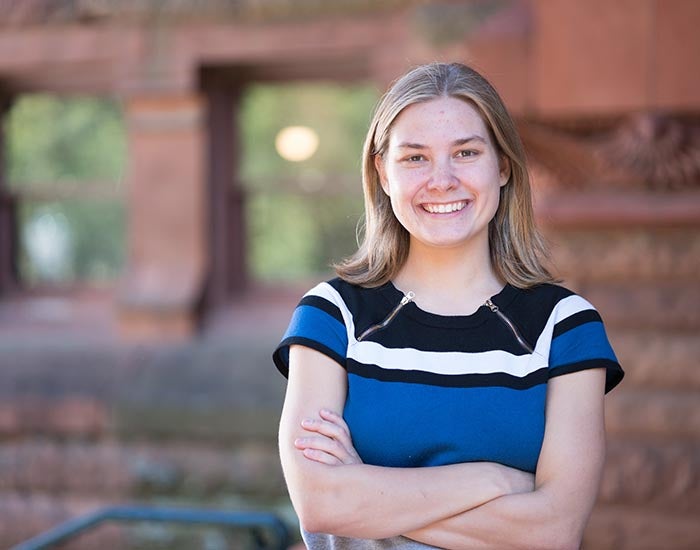
Using Textual Analysis
Doctoral Student Julia Cope uses machine learning to analyze corporate language around climate change. Her textual analysis of 20 years of press releases from American energy companies received an award from the International Association of Media and Communication Research.
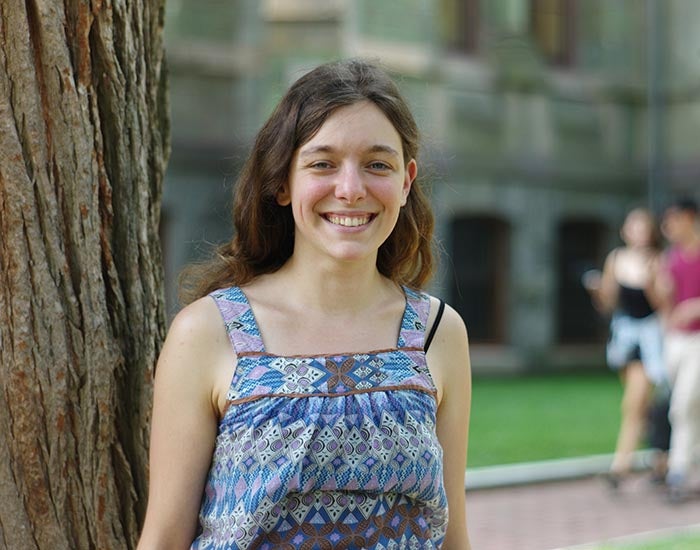
Winning Over the Locals
Using Western Pennsylvania as a case study, upcoming graduate Helene Langlamet, Ph.D., explores how the coal and natural gas industries use the language of “economic growth” and “the free market” to win over local populations, despite the devastating and longstanding health and environmental consequences. Read the backstory on her research and her advocacy following a South Philadelphia refinery explosion.
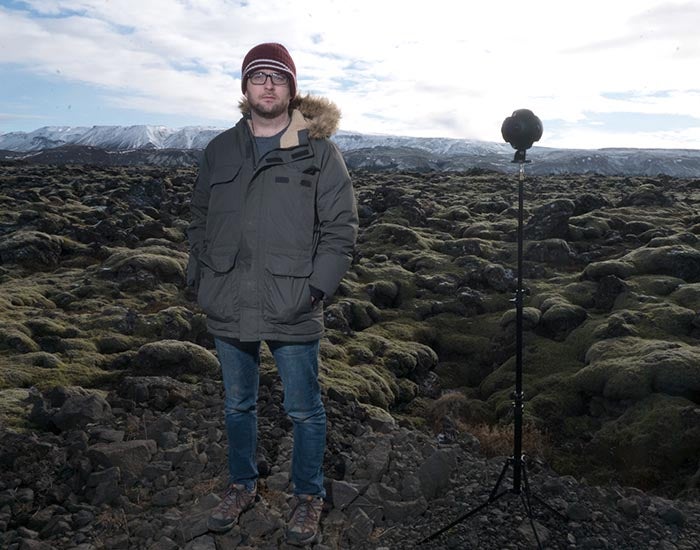
Internet Infrastructure
Doctoral Candidate Zane Griffin Talley Cooper studies the intersection of emerging technology and climate policy, particularly for the Arctic region. His VR film “Alchemical Infrastructures: Making Blockchain in Iceland” covers the transformation of geothermal power into Bitcoin. Read about the project. Cooper also looks at sustainability across the tech supply chain and soon will be an assistant professor at St. Lawrence University.
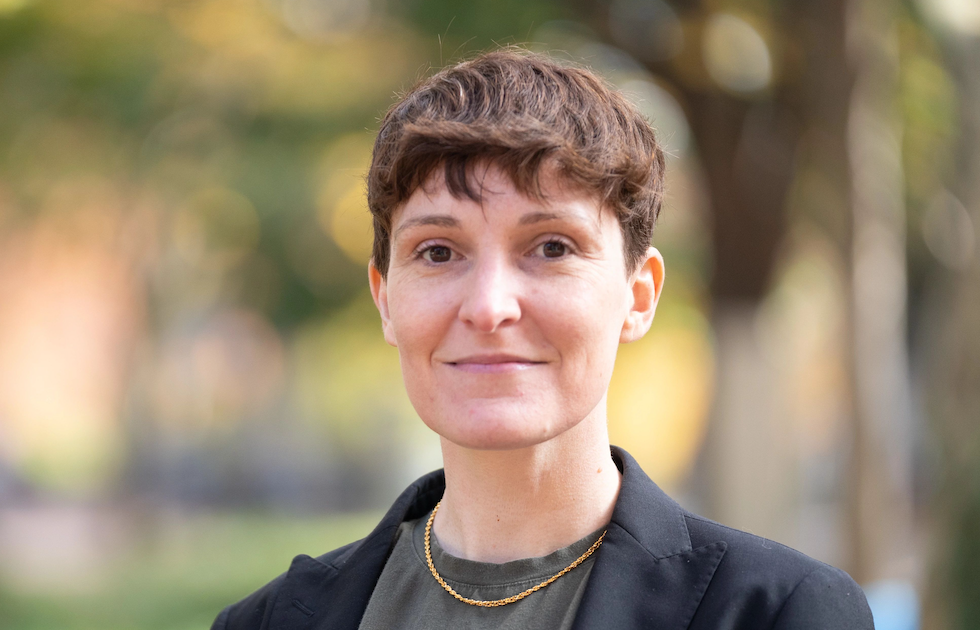
The Dirty Cloud
Lauren Bridges, Ph.D. studies the social and environmental impacts of big data infrastructures, with a focus on "the cloud" and what kinds of surveillance, labor relations, and environmental impact go along with it. She is a fellow at Harvard’s Berkman Klein Center for Internet & Society and will be an assistant professor this fall at the University of Virginia.
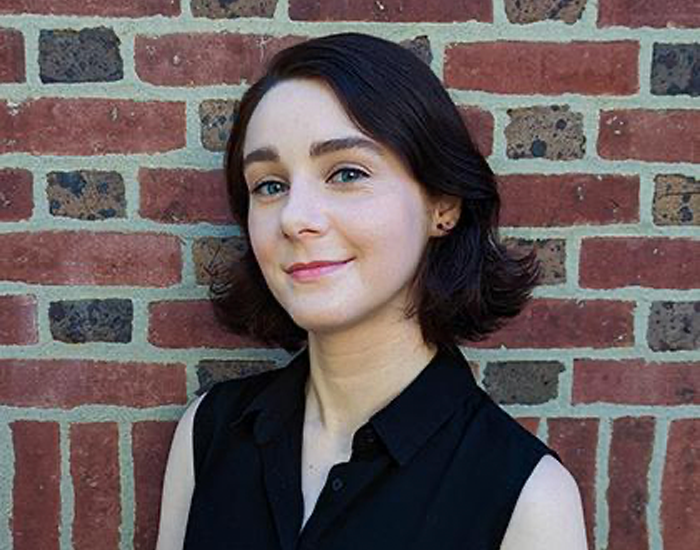
Climate, Crisis, & the Media
Hanna Morris, Ph.D. studies climate change media and communication, culture and climate politics, transnational climate movements, and authoritarianism and the climate crisis. She is an assistant professor at the School of the Environment at the University of Toronto.
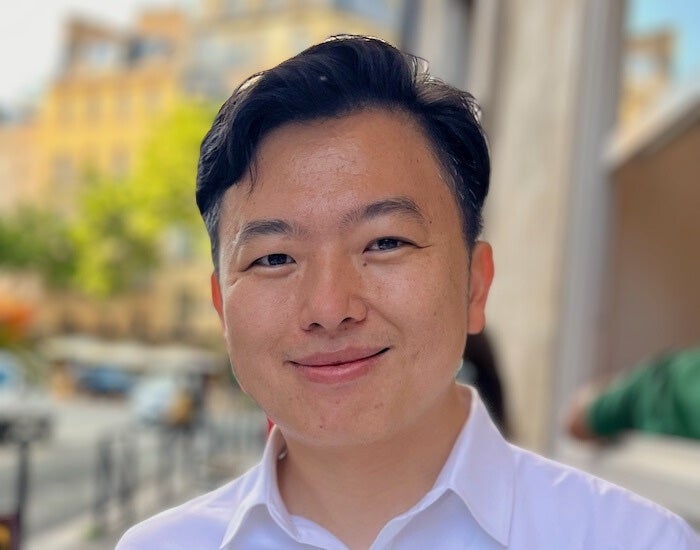
Persuading Climate Skeptics
Jin Woo Kim, Ph.D. studies how people are influenced by political misinformation and what gets them to change their minds. He is working on a research project searching for the most effective way to persuade climate skeptics. He is an assistant professor at Kookmin University in Seoul.
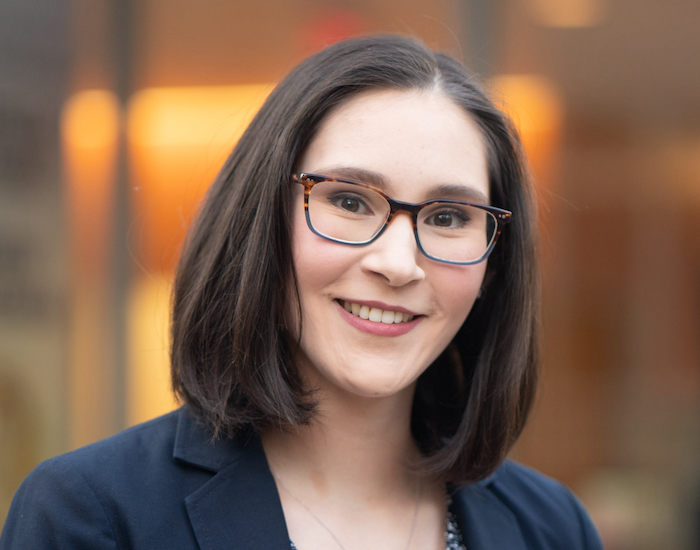
Updating Beliefs
Allie Sinclair, Ph.D. draws on psychology and neuroscience to develop interventions that help us learn from error, update beliefs, and make choices that are better for our health and planet.
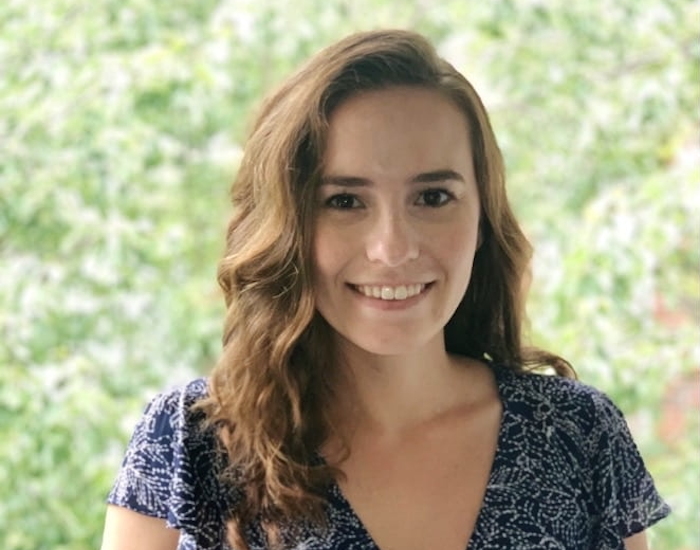
Climate & Health Advocacy
Eryn Campbell, Ph.D. studies how we can engage key stakeholders in advocacy for climate action, media and social influences on public perceptions of climate change, climate and health messaging strategies, and communicating climate mitigation and adaptation measures.
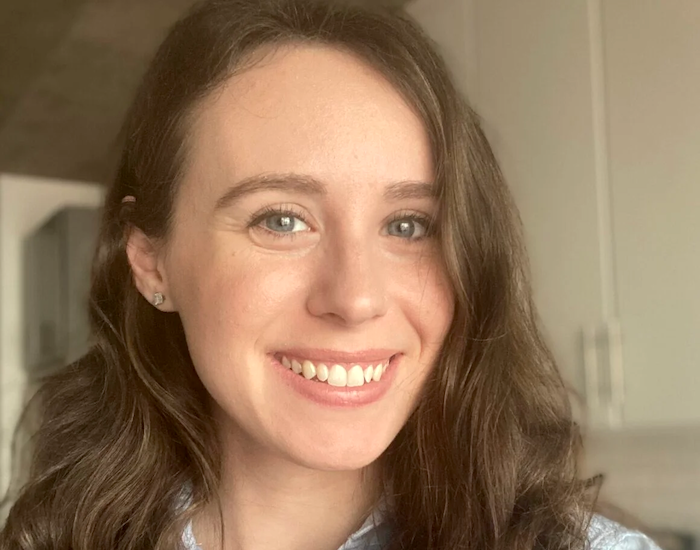
Making Decisions
Lauren Lutzke, Ph.D. focuses on the judgements and decisions people make in relation to climate change. Her work has examined interventions for preventing the spread of climate misinformation online, public perceptions and acceptance of new climate technology, and strategies for conveying climate policy information on Twitter.

Open Philanthropy Awards $336K to Map the Impact of Scientific Funding Cuts
The interdisciplinary team that developed an interactive, data-driven map to communicate the economic impact of sweeping cuts to federal funding for scientific and medical research recently received a $336,000 award from Open Philanthropy to sustain and expand their project.

Climate Communication Interest Group
The Annenberg School for Communication’s Climate Change Interest (CCI) group is a collaborative, cross-disciplinary space with a focus on communicating about climate change and climate action. Scholars, practitioners, and anyone with an interest in climate communication are welcome to join!
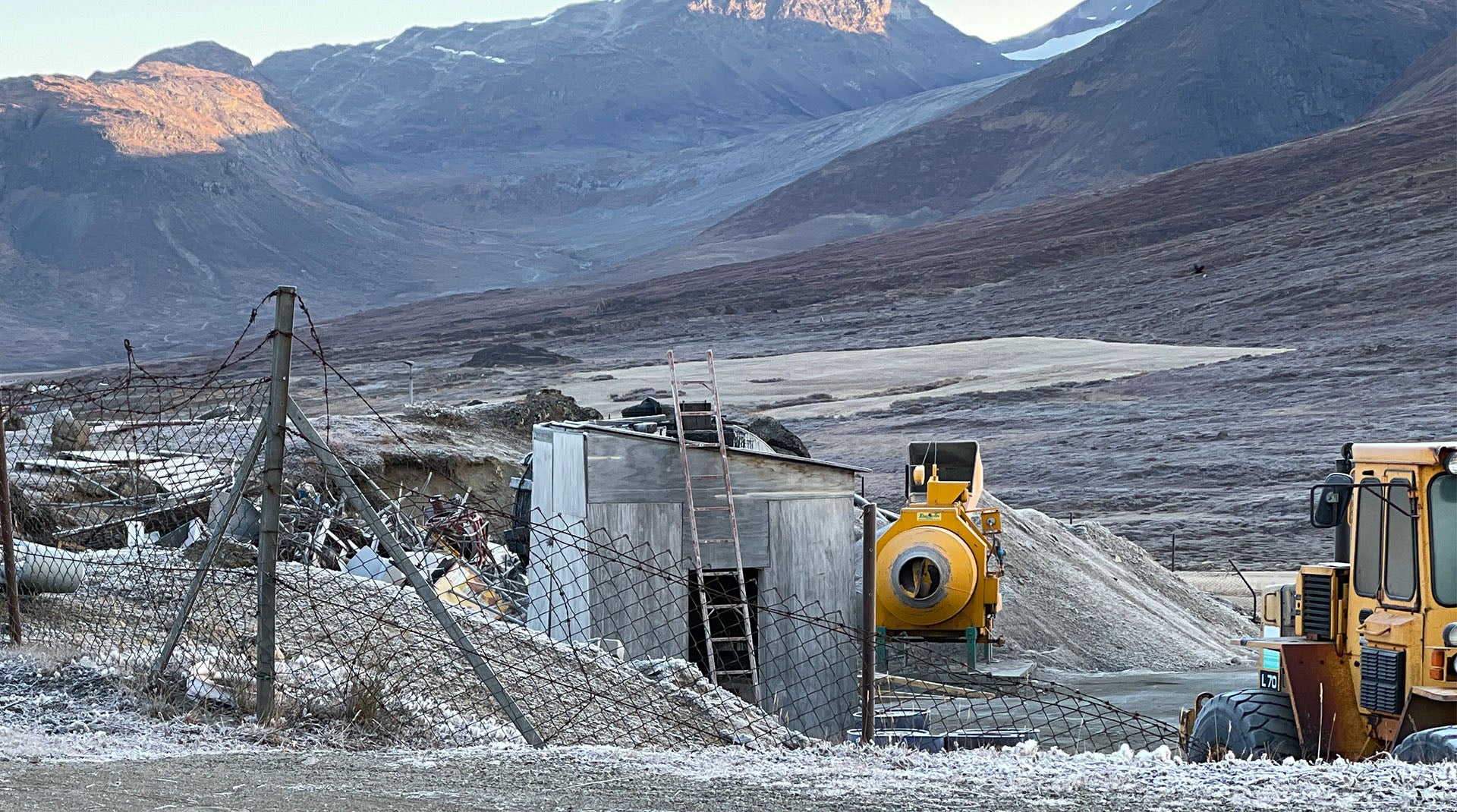
Digital Waste
While “the cloud” sounds like a virtual, ethereal space, in actual fact it requires vast amounts of hardware and energy, making a massive environmental impact of which few are aware. As Doctoral Candidates, Zane Griffin Talley Cooper and Lauren Bridges were part of a research team that delved into these realities in the multimedia exhibit “Geographies of Digital Wasting: Electronic Waste from Mine to Discard and Back Again.” Watch this video, narrated by Bridges, for a summary.
Climate Connections
The study of communication and the environment share one notable thing in common: they are broad, arguably connecting to everything we do. See more of our faculty expertise below.
Dolores Albarracín, Ph.D.
Science of Science Communication
Formation of Beliefs, Attitudes & Goals
Health Communication Policy
Sarah Banet-Weiser, Ph.D.
Gender in the media
Consumer culture
Popular media
Damon Centola, Ph.D.
Social Networks
Behavior Change
Social Influence
Emily Falk, Ph.D.
Behavior Change
Persuasive Communication
Spread of Ideas & Behavior
Deen Freelon, Ph.D.
Race & Identity on Social Media
Digital Politics
Computational Social Science
Sandra González-Bailón, Ph.D.
Algorithm-driven News Diets
Social Media in Protests
Media Bubbles & Politics
Sarah J. Jackson, Ph.D.
Race, Gender, & the Media
Social Media & Black Celebrity
Online Activism
Kathleen Hall Jamieson, Ph.D.
Campaign Communication
Science of Science Communication
Misinfomation & Conspiracy Theories
John B. Jemmott III, Ph.D.
Health Behavior Change
HIV Prevention
Reducing Health Disparities
Juan Llamas-Rodriguez
Borders & Migration Studies
Global Media Cultures & Technology
Latin American Media
Yphtach Lelkes, Ph.D.
Politics & Polarization
Political Psychology
Dynamics of Political Beliefs
Jessa Lingel, Ph.D.
Digital Culture
Digital Power Dynamics
Technological Activism
David Lydon-Staley, Ph.D.
Emotional Impact of Media
Curiosity and Information-Seeking
Health Behavior Change
Diana C. Mutz, Ph.D.
Political Communication
Political Psychology
Public Opinion
Desmond Upton Patton, M.S.W., Ph.D.
Social Media & Youth Violence
Grief and Trauma
Gun Violence Reduction
Victor Pickard, Ph.D.
The Future of Journalism
Media's Impact on Democracy
Media History and Policy
Aswin Punathambekar, Ph.D.
Media in the Indian Diaspora
Globalization and Technological Change
Cultural Identity and Politics
Andy Tan, Ph.D., M.P.H., M.B.A, M.B.B.S.
Health Message Effects
Anti-Smoking Efforts
Health Equity, esp. LGBTQ+
Julia Ticona, Ph.D.
Digital Inequalities in Work
Gig Workers
Technology Use in Low-Wage Work
Joseph Turow, Ph.D.
Digital Privacy
Marketing, Media, and Society
Marketing Use of Biometric Data
Duncan Watts, Ph.D.
Social and Organizational Networks
Collective Dynamics of Human Systems
News Production & Consumption
Guobin Yang, Ph.D.
Social Movements
Digital Culture
Global Communication
Barbie Zelizer, Ph.D.
Threats & Risks to Journalists
Collective Memory
Journalistic Images of War
Looking for an Expert?
If you're a journalist seeking an academic expert, but aren't quite sure who may be helpful, please email julie.sloane@asc.upenn.edu for assistance!

Checking the Facts
Part of FactCheck.org at the Annenberg Public Policy Center, SciCheck investigates science-based claims in political speech.


